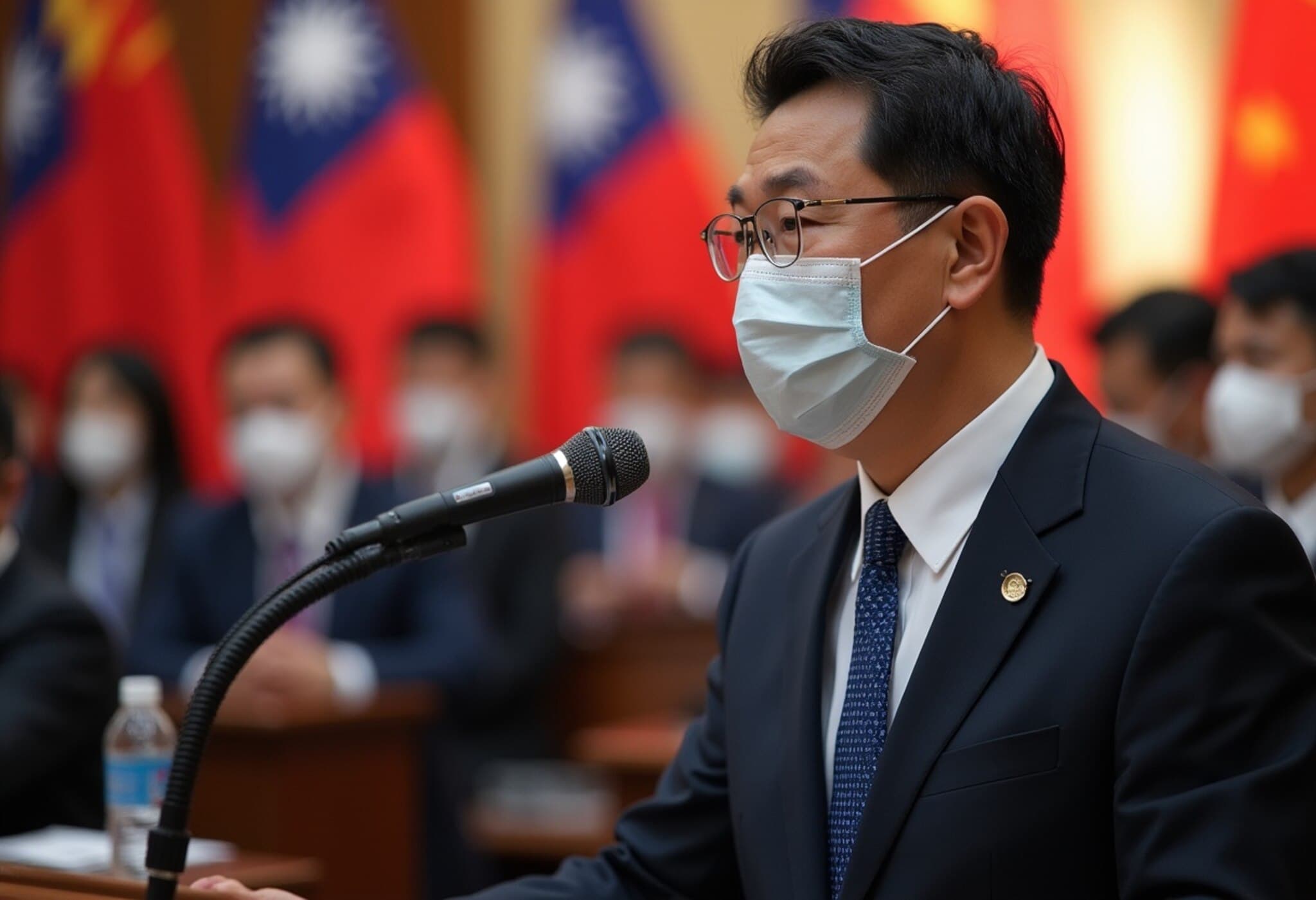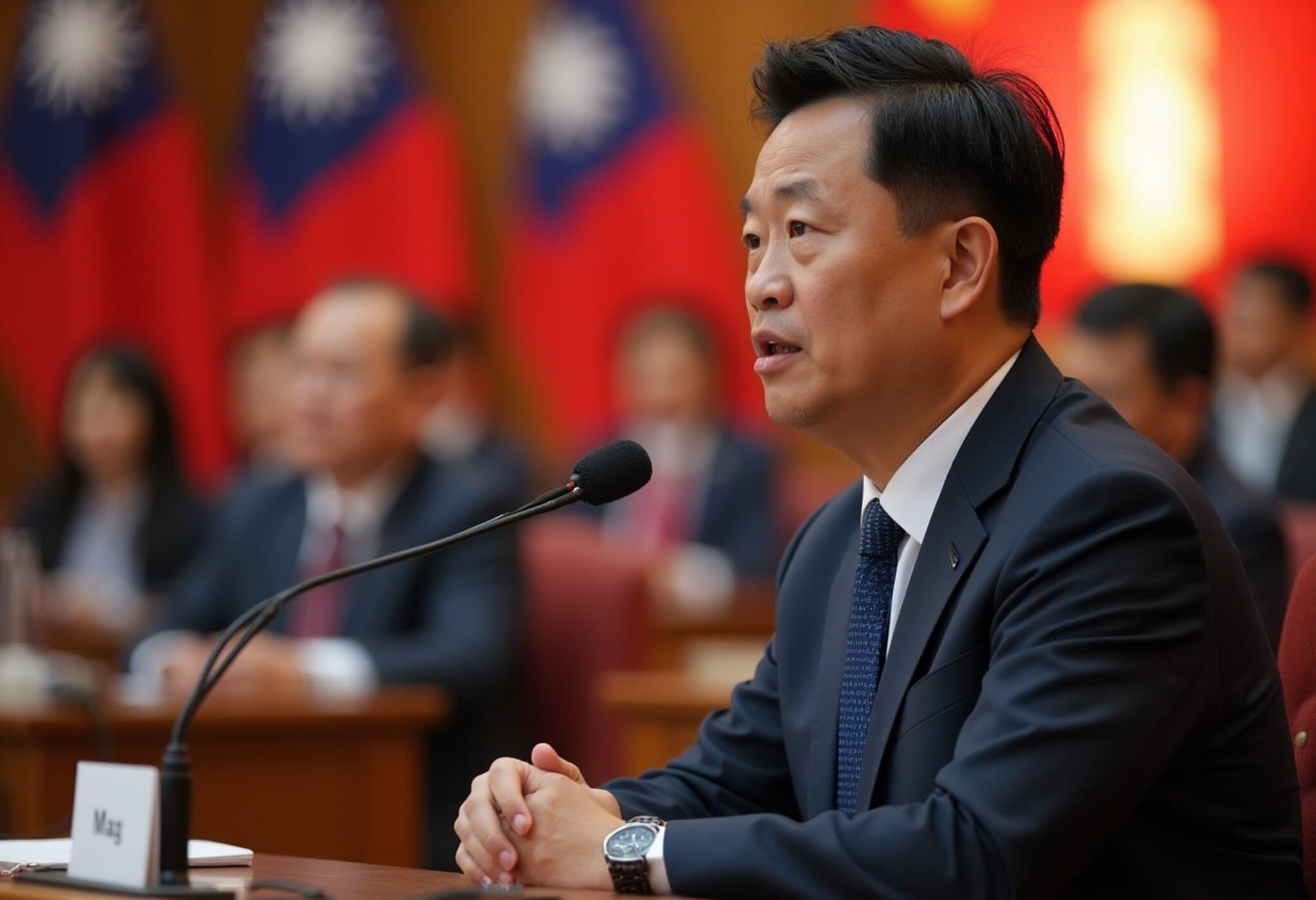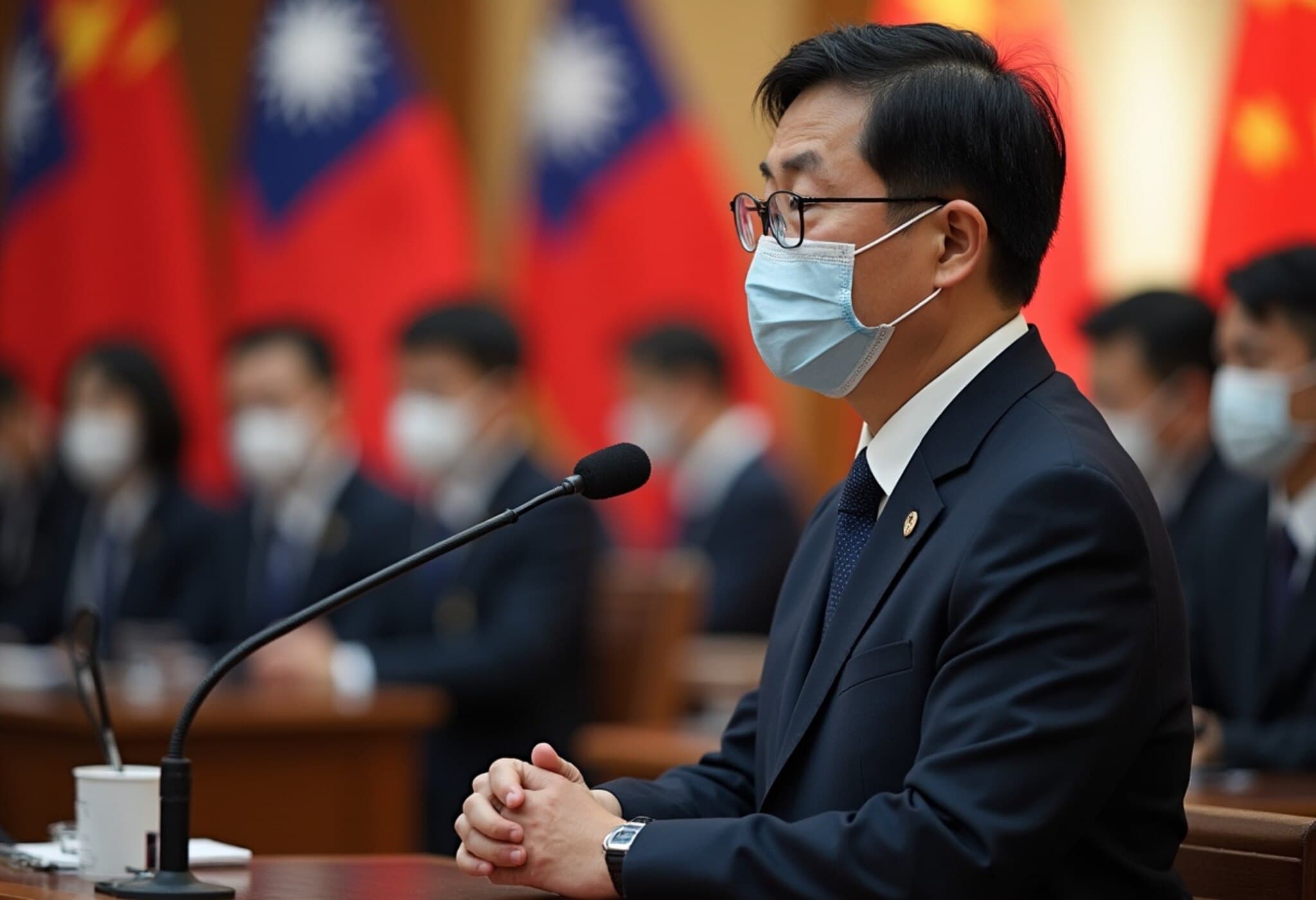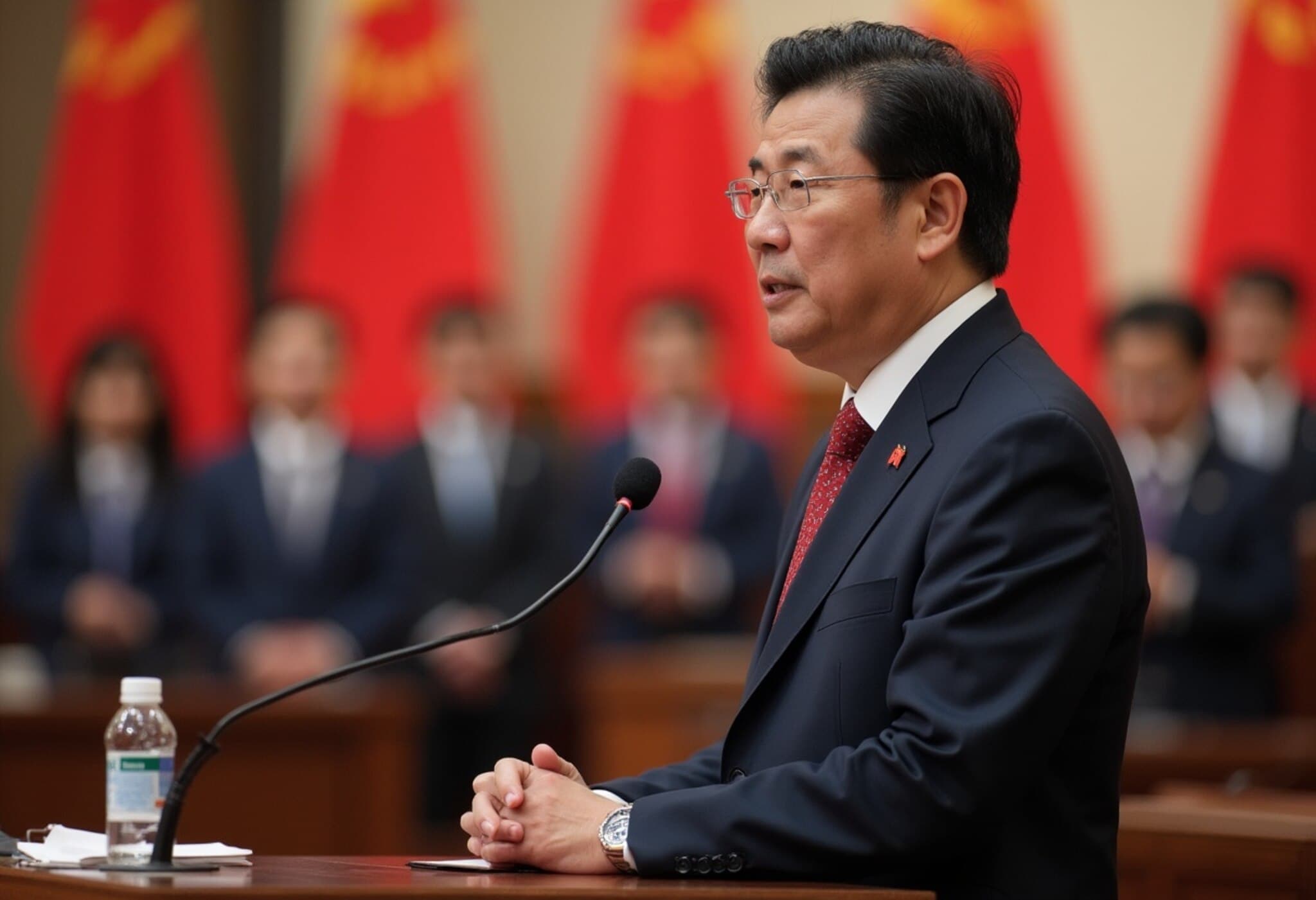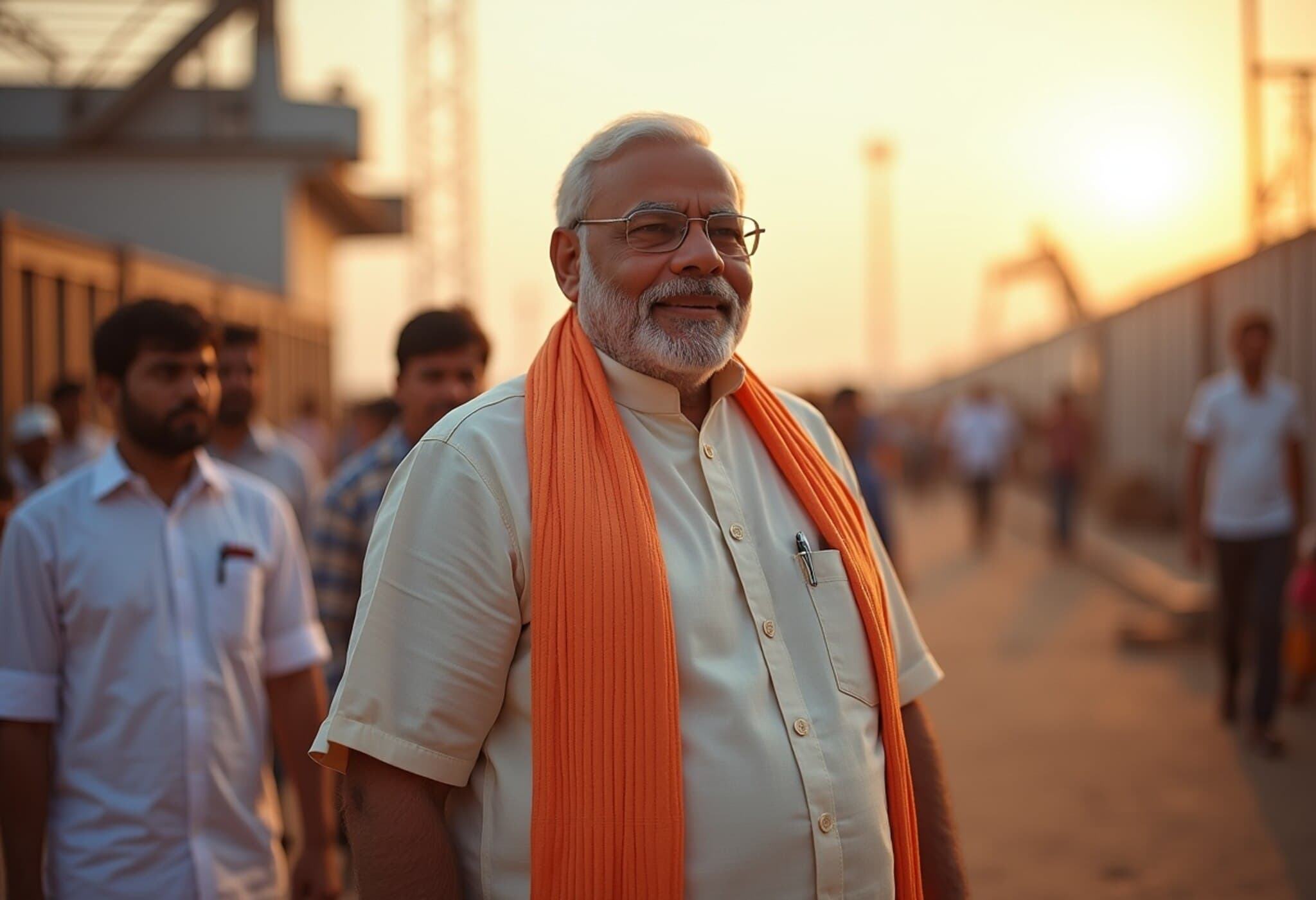Taiwan’s Opposition Lawmakers Defy Mass Recall Effort
In a dramatic political showdown on July 26, 2025, Taiwanese voters decisively rejected a large-scale recall attempt targeting nearly one-fifth of the island’s parliament members — all from the opposition Kuomintang (KMT). The recall campaign, driven by civic groups and government critics, aimed to remove 24 KMT lawmakers accused of harboring “pro-China” sympathies. Despite the high stakes, every targeted legislator retained their seat, delivering a clear setback to President Lai Ching-te’s Democratic Progressive Party (DPP), which sought to regain legislative dominance.
Understanding the Recall Vote and Its Legal Thresholds
Polling across 24 constituencies unfolded smoothly, with voters asked if they wanted to recall their local KMT representative and trigger a by-election. Under Taiwan’s stringent recall laws, success required at least 25% of eligible voters in each district to cast a vote in favor, and these votes had to outnumber those against the recall. By evening, the Central Election Commission confirmed that none of the recall efforts met this threshold.
KMT’s Response: A Victory for Democracy or a Warning Sign?
KMT Chairman Eric Chu publicly thanked voters, urging President Lai to "apologize and reflect" on what he called the ruling party’s failed governance strategy. Chu criticized the recalls as a misuse of democratic tools, stating, “One should not lose elections and then call for malicious recalls. Seeking one-party dominance threatens Taiwan’s vibrant democracy.” His remarks underscored a growing divide in Taiwan’s political culture, where robust democratic competition occasionally devolves into bitter battles for control.
The DPP’s Concerns over Chinese Interference
From the DPP’s perspective, the recall campaign was more than just a political tactic—it was a frontline in Taiwan’s struggle against Beijing’s influence. Wu Szu-yao, secretary-general of the DPP legislative caucus, noted an “unprecedented” level of Chinese interference, highlighting disinformation campaigns and military intimidation as ongoing threats. “China was trying everything it could to intervene in Taiwan’s democratic processes,” Wu warned, emphasizing the need for heightened vigilance.
Roots of the Recall: Political Gridlock and Cross-Strait Tensions
The mass recall attempt traces back to Taiwan’s January 2024 elections, which produced a divided government: President Lai’s DPP held the executive, while the opposition KMT seized control of the Legislative Yuan. This fragmentation led to legislative deadlock. The KMT, allied with smaller parties and independents, obstructed DPP-backed laws and advanced controversial legislation, stirring accusations they were undermining governance and cozying up to Beijing.
Discontent boiled over in May 2024, when street protests erupted in Taipei under the banner of the Bluebird movement — named after the street where demonstrators gathered. Protesters accused KMT lawmakers of advancing Beijing’s agenda, fueled by reported meetings between some KMT officials and Chinese Communist Party leaders in Beijing.
Beijing’s Role and the Media Narrative
The recall campaign drew sharp attention from Beijing, where state media echoed KMT positions while criticizing President Lai as a separatist threat to Chinese sovereignty. This narrative deepened polarization within Taiwan, as the KMT fiercely rejected allegations of disloyalty, framing the recall as an attempt by the ruling DPP to stifle legitimate political opposition—labeling it “green terror” after the DPP’s signature color.
The Broader Implications for Taiwan’s Democracy
- Electoral Resilience: The failure of all 24 recall efforts signals strong voter support for political stability despite fierce polarization.
- Democratic Tensions: The recall highlighted contentious debates about the limits of political activism and the health of Taiwan’s vibrant democracy.
- China’s Shadow: The episode underscores Beijing’s ongoing efforts to influence Taiwan’s domestic affairs—and Taipei’s determination to resist.
Upcoming recall votes scheduled for August 23 will continue to be a litmus test for Taiwan’s political climate and the evolving challenge of cross-strait relations.
Editor’s Note
The mass recall vote in Taiwan serves as a stark reminder of the island’s complex democratic journey amid geopolitical pressures. While voters upheld their opposition lawmakers, the deep divisions running through Taiwan’s society raise critical questions about the future of governance, political accountability, and resilience against foreign interference. How Taiwan navigates these internal and external challenges will have profound implications for regional stability and the integrity of democracy in East Asia.

